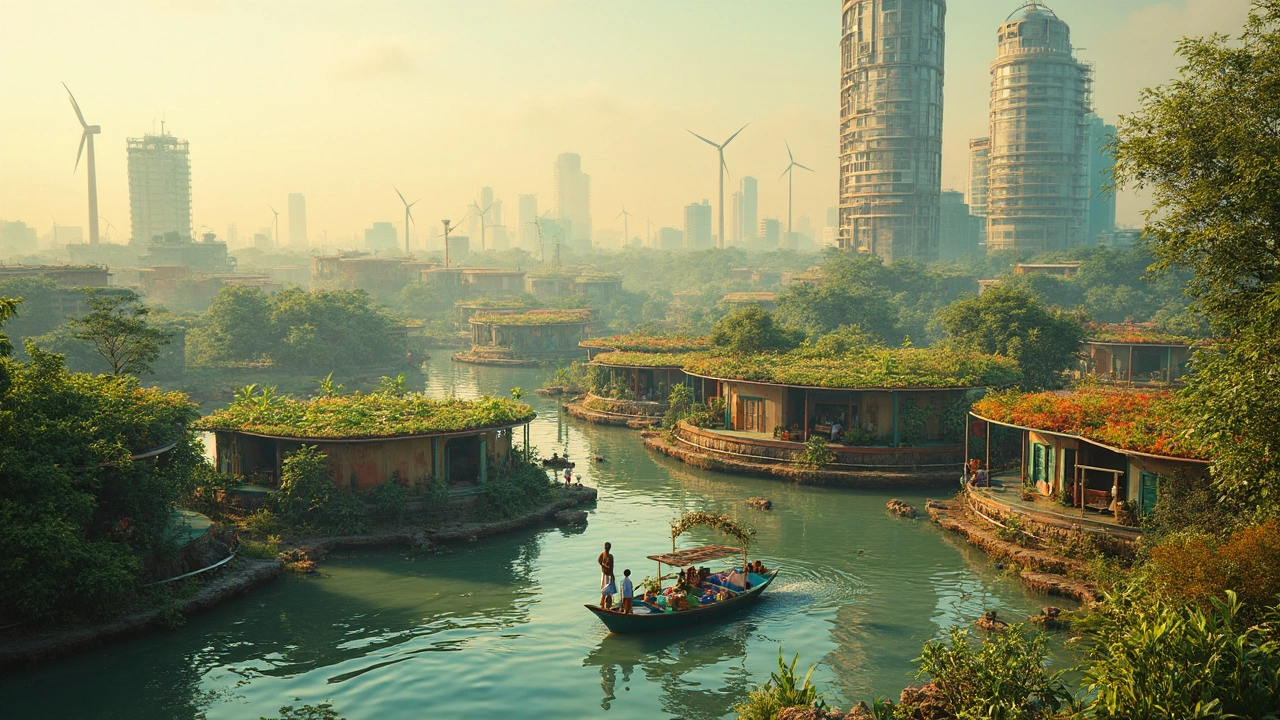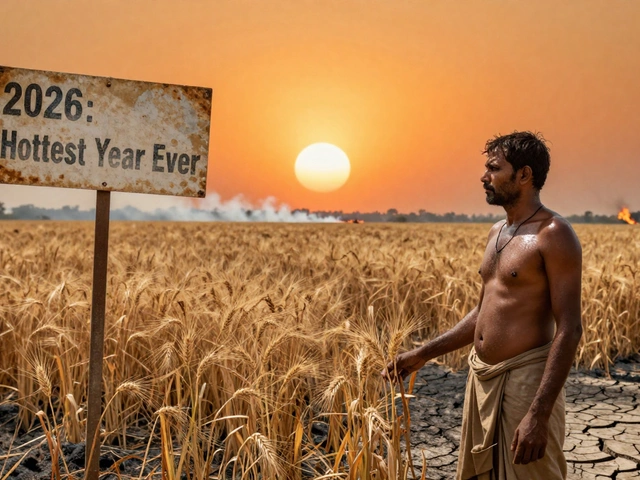Adaptation in STEM: How Science and Tech Evolve to Solve Real Problems
When we talk about adaptation, the process by which systems, technologies, or organisms adjust to changing conditions to survive and function effectively. Also known as adjustment, it’s not just something that happens in the wild—it’s the quiet engine behind every successful scientific project in India. Whether it’s a solar panel designed for dusty rural villages or a vaccine campaign that reaches remote communities, adaptation is what turns good ideas into real impact.
Adaptation doesn’t happen in labs alone. It needs public health intervention, planned efforts to change behaviors or environments to prevent disease and improve outcomes that listen to local needs. Look at polio drives in Uttar Pradesh or clean water programs in Rajasthan—they didn’t just hand out vaccines or filters. They adapted messaging, timing, and delivery to fit culture, language, and access. Same with technology adaptation, the process of modifying tools or systems to fit local infrastructure, skills, or economic conditions. A fancy AI tool means nothing if farmers can’t charge it or understand its interface. The best innovations in India aren’t the most advanced—they’re the ones that bend to fit reality.
Adaptation is also why renewable energy is winning in India. Solar panels aren’t just cheaper—they’ve been adapted to work with weak grids, high dust, and small household budgets. Wind turbines are scaled for villages, not just cities. Even biotech isn’t just about gene editing—it’s about adapting treatments so they’re affordable and stable in hot climates. And when data scientists talk to nurses or warehouse managers, they’re not just collecting numbers—they’re adapting their questions to match real workflows.
What you’ll find in this collection isn’t theory. It’s proof. From how transfer agents make sure lab breakthroughs actually reach the market, to why the cleanest energy isn’t just about emissions but also about who can use it—every post shows adaptation in action. No jargon. No hype. Just how science and tech in India keep changing to meet the people who need them most.





